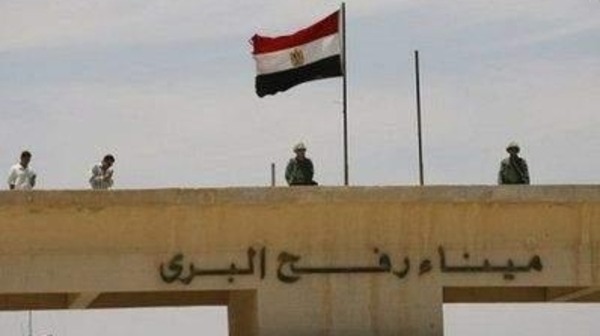CAIRO: Newly elected Islamist members of the Egyptian parliament are open to dialogue with members of the U.S. Congress without involving the Cairo government, leading members of the Muslim Brotherhood said on Sunday.
But contacts with officials of the U.S. administration would require the approval of the Egyptian foreign ministry, the Brotherhood’s deputy leader Mohamed Habib told Reuters.
The attitude of the Brotherhood, which has expanded its presence in the Egyptian parliament almost sixfold in elections over the past five weeks, is a shift away from the wariness of the past.
The Brotherhood’s previous position was that Washington must change its policies before the Islamists would begin a dialogue. Because its contingent in the outgoing parliament was small, the question of contacts with U.S. lawmakers did not arise.
Habib, speaking on the sidelines of a celebration of its electoral success, said: “Members of (the U.S.) Congress can speak to (Brotherhood) members of parliament.
“Talking directly with U.S. officials is especially sensitive, so if the (U.S.) embassy asks for a meeting, it should ask through the foreign ministry …We don’t have a problem with that, he added.
The new head of the 88- strong Muslim Brotherhood caucus in the 454-seat parliament, Mohamed Saad el- Katatni, said: “If it’s a matter of a representative of the people with a representative of the people, then there’s no objection to discussions.
“For dealings with the official establishment (the administration), it should be under the umbrella of the Egyptian foreign ministry, he told Reuters.
The Egyptian government has discouraged any contacts between foreign governments and the Muslim Brotherhood because they would give the Brotherhood a form of recognition.
The U.S. administration said last Thursday that it would “respect Egyptian law and not deal with the Muslim Brotherhood, which the authorities will not allow to form a political party.
But as the new Islamist members of parliament were elected as independents, there would be no U.S. ban on dealing with them, said U.S. State Department spokesman Adam Ereli.
Habib said the Brotherhood found the U.S. attitude toward the movement contradictory and volatile. “At one moment a course of action (by the Egyptian government) is blessed (by Washington) and a few hours later it is criticized.
“This is not reassuring.There is no value system or principles on which the U.S. administration depends in its assessment of things, he added.
The Muslim Brotherhood opposes the U.S. military presence in Iraq and its support for Israel. Reuters
